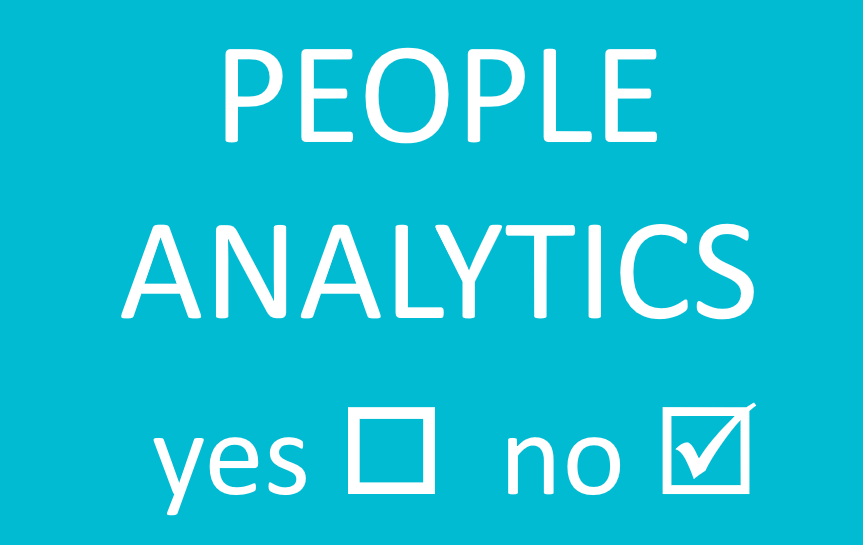The vast majority of IT departments have a good understanding of the efficiency of their key support processes and collect and evaluate many process-related KPIs, which enable further improvement and automation.
As IT work shifts from reactive, demand-driven activities towards complex, often unique efforts such as technology pilots, vendor selection, outsourcing decisions, strategy generation, cross-department innovations, security and resilience improvement, and technical debt elimination, the traditional use of KPIs becomes problematic. These activities do not deliver immediate and easily interpretable outcomes. The latency and ambiguity of these results necessitate a refocus on different analytical tools and techniques.
While everyone agrees that people are the greatest asset, People Analytics is a term not widely used and is only now being discovered as part of the transition from industrial management foundations to knowledge era realities.
People Analytics involves understanding and analyzing various people-related quality dimensions, such as skill composition, skill levels, skill gaps, collaboration experience/quality, and trends. It also includes benchmarking against similar organizations to drive informed decision-making and improve workforce management.
The use of people-related metrics is different – for example, analysis of collaboration experience and collaboration quality can be performed less frequently as these attributes do not change or fluctuate like operational metrics. The purpose is also different – not to manage ‘within reasonable levels’ but to focus on positive or negative extremes where management intervention is useful. For example, people who excel in collaboration experience can be considered for promotion and leadership positions.
A variety of People Analytics metrics can be developed to enrich high-quality IT governance, making the IT role and its importance more transparent and comprehensible to executives. For example:
- SFIA – Skills Framework For the Information Age – skill levels
- Knowledge Worker Quality Index
- Collaboration Quality and Collaboration Experience
- Proactivity Index
- Innovation Index
In summary, People Analytics is an indispensable part of quality IT governance.
